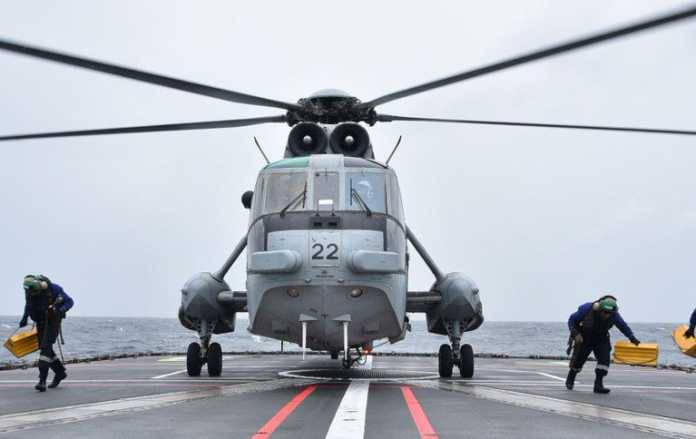India’s Defence Acquisition Council (DAC), has approved Implementation guidelines for the Strategic Partnership Model which aims to revitalise defence industrial ecosystem and progressively build indigenous capabilities in the private sector to design, develop and manufacture complex weapon systems for the future needs of the Armed Forces. DAC was chaired by Defence Minister of India Nirmala Sitharaman met in New Delhi on Monday.
According to Defence Ministry’s press release this is in continuation of its efforts to boost indigenous defence industry and to reduce timelines so as to ensure timely delivery of equipment to the Armed Forces. The amplifying guidelines lay emphasis on incentivisation of transfer of niche technology and higher indigenous content Global Majors, who in collaboration with Indian Partners are ready to make India a Regional or Global manufacturing hub for the platform will also be incentivized. This will give a major fillip towards encouraging self-reliance and aligning the defence sector with the ‘Make in India’ initiative of the Government. In an endeavour to convert policy into implementable directions and to kick start the process, the DAC also approved platform specific guidelines for procurement of Naval Utility Helicopters. All procurements under the SP Model would be executedby specially constituted Empowered Project Committees (EPC) to provide focused attention and ensure timely execution.
Discussed and approved Implementation guidelines for the Strategic Partnership Model. Strategic Partnership Model aims to revitalize defence industrial ecosystem and progressively build indigenous capabilities in the private sector to design, develop and manufacture complex weapon systems for the future needs of the Armed Forces.
These vessels will be indigenously designed and manufactured and would strengthen maritime security by undertaking day/night patrolling and policing of the Maritime Zones of India including interception of vessels and personnel engaged in anti-sabotage anti-terrorist, anti-smuggling operations as well as provide assistance for Search and Rescue medical evacuation, disaster relief operations, assistance during pollution response operations, etc..















